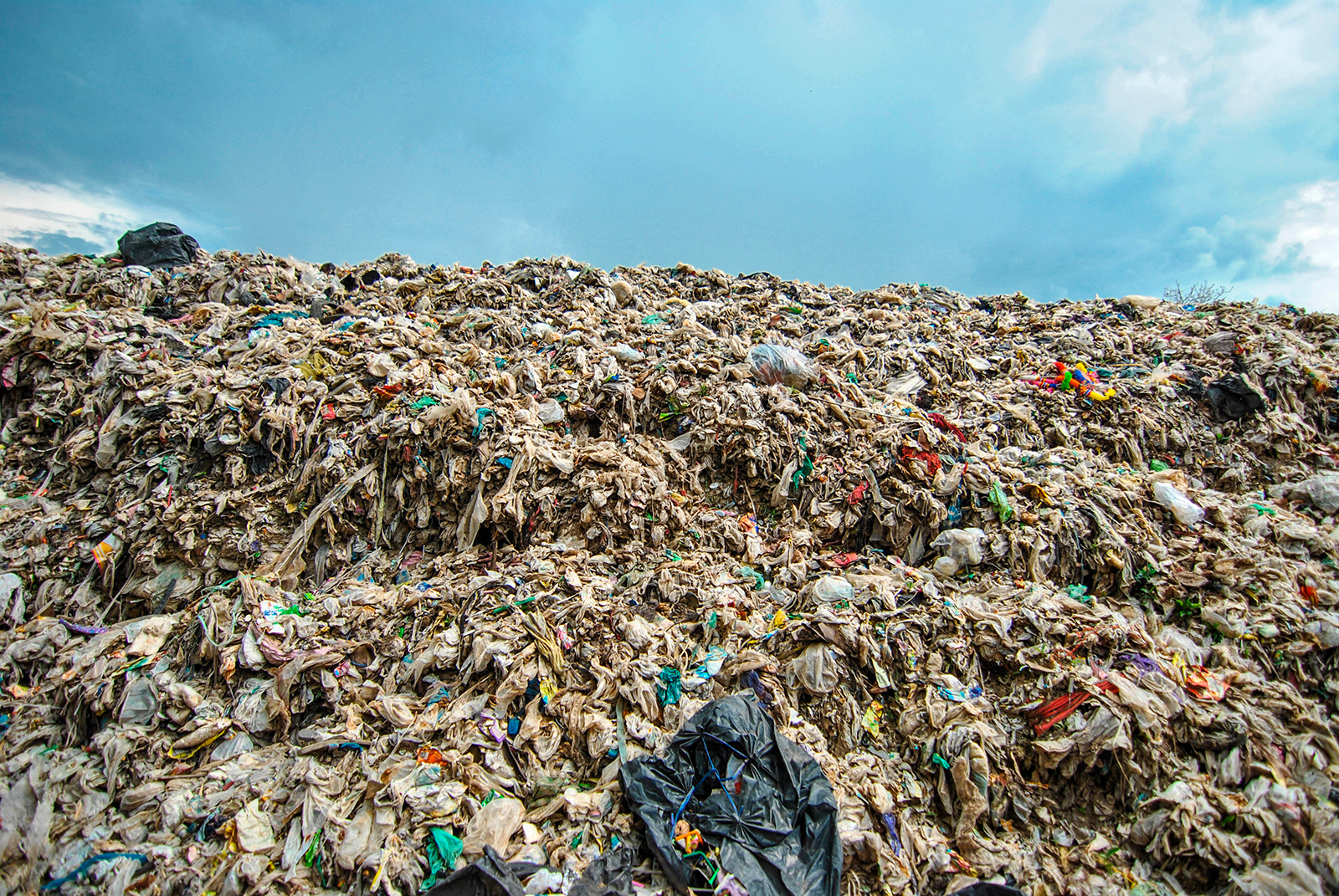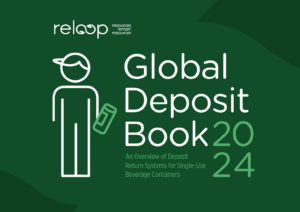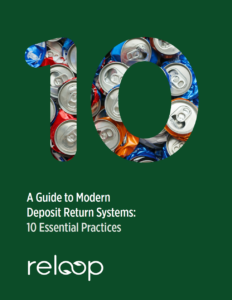UN Plastic Treaty Recommendation
Problematic and avoidable plastic products
The proliferation of problematic and avoidable plastic products, encompassing short-lived and single-use plastics, and intentionally-added microplastics, must be stopped.
Reloop’s proposed text addresses the proliferation of problematic and avoidable plastic products, encompassing short-lived and single-use plastics, and intentionally-added microplastics. All of these present a pressing environmental challenge.
Particularly concerning is the prevalence of plastic beverage packaging, which analysis by Reloop using recent statistics provided by the Ocean Conservancy’s Coastal Cleanup Data, shows is at least two-thirds of the top 10 most littered items globally by weight.
Each Party would be required to implement periodic surveys of rivers and beaches to assess plastic pollution, highlighting the items that account for at least 70% of litter by weight or number. Countries would then be required to address these items through elimination or phase-out strategies, including the imposition of taxes on non-plastic alternatives, as well as establishing deposit return systems for beverage containers.
Specifically targeting intentionally-added microplastics, our proposed treaty text prohibits their production, use, sale, distribution, import, or export, except for permitted uses outlined in Annex B. Parties will be encouraged to phase out their use in various applications and to enact measures consistent with national laws to regulate their production and use. We also propose a clause to expedite actions by companies producing products containing intentionally-added microplastics in multiple countries, ensuring compliance with the earliest ban deadline among those countries where their products are sold.
Countries should harmonise policies and strategies to ensure consistent and equitable benefits at a global level.
The UN Plastic Treaty text amendments
Reloop proposes changes to clause 3a Short-lived and single-use plastic products.
Get the latest on the UN plastic treaty
Reloop will be tracking the progress of the negotiations and sending out email updates.

Beverage containers
Tackling the low hanging fruit for plastic litter
The inclusion of specific measures targeting problematic plastic products is crucial for swiftly and effectively curbing plastic pollution. These items, identified through rigorous audits and criteria outlined in the treaty text, represent the “low hanging fruit” of our pollution reduction efforts.
Beverage containers, for instance, consistently comprise over two thirds of the top 10 most littered items globally, as highlighted by Reloop’s analysis. By focusing on such items, which constitute a significant portion of plastic pollution, we can leverage existing tools and strategies to enact meaningful change within the treaty framework.
The treaty’s emphasis on implementing deposit return schemes or phasing out production and distribution of identified plastic products underscores a commitment to tangible, measurable outcomes. Setting ambitious targets for return rates and recycling/reuse rates ensures that our actions translate into real reductions in plastic pollution.
More on problematic and avoidable plastic products
-

Global Deposit Book 2024
Comprehensive summary of deposit return systems for single-use beverage containers.
-

Global Deposit Book 2022 – Explained
7 minute presentation on the Global Deposit Book 2022.
-

A Guide to Modern Deposit Return Systems: 10 Essential Practices
10 key requirements for successful implementation of a DRS to serve as a roadmap for policymakers, advocates, and producers seeking the best public policy solutions.